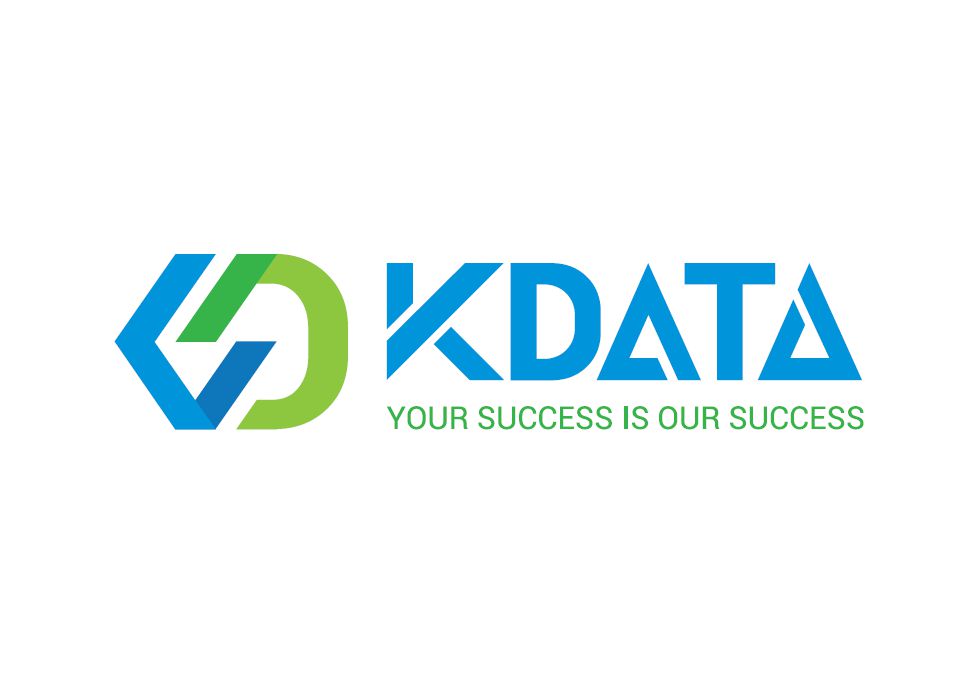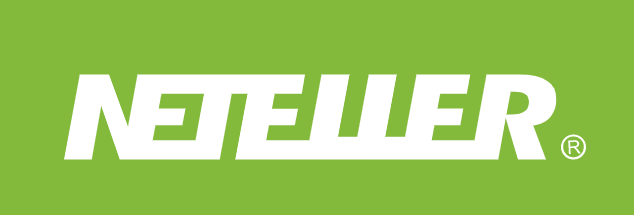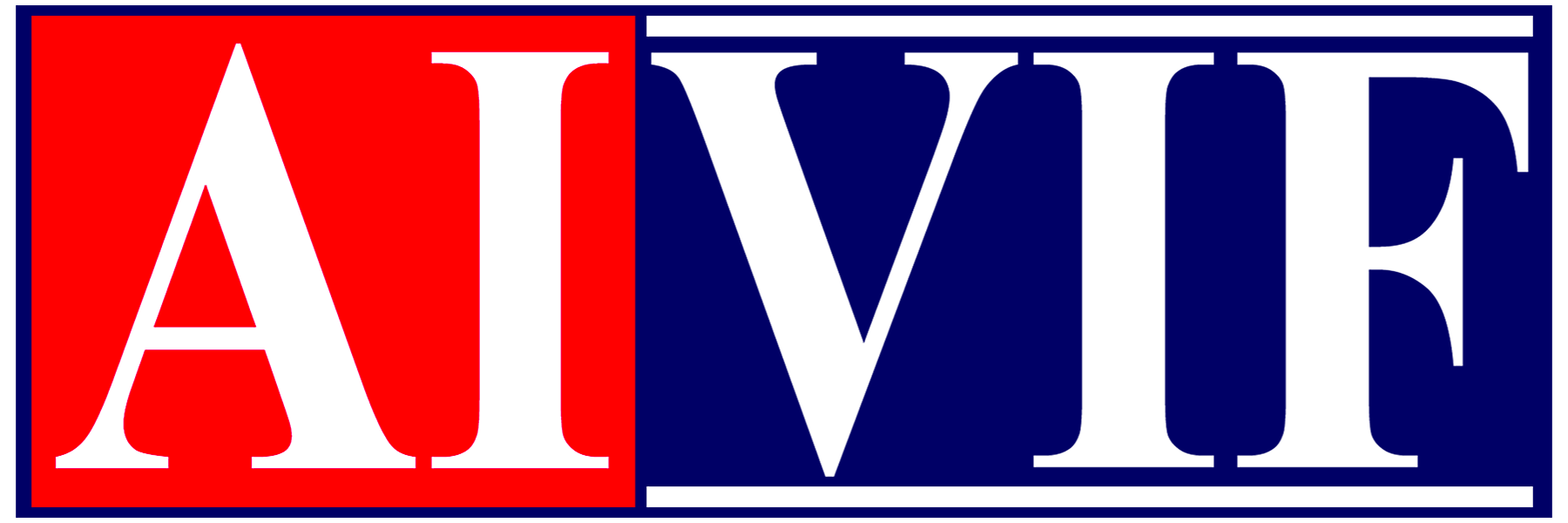Duct cleaning Hawkesbury is a process designed to remove dust, debris, and contaminants from your heating, ventilation, and air conditioning (HVAC) system's ducts. Here's what you can typically expect during the process:
1. Preparation and Inspection
- Arrival of Technicians: Professional duct cleaners will arrive with specialized equipment like vacuums, brushes, and blowers.
- Initial Inspection: Before starting, they will inspect your duct system to assess the level of contamination and identify any problem areas like mold or excessive dust buildup.
- Access Points: The technicians may need to create or access existing entry points to reach different sections of the ductwork. These access points may include vent covers or service openings.
2. System Setup
- Turning Off HVAC System: The HVAC system is usually turned off during the cleaning process to prevent dust and debris from being circulated.
- Sealing of Vents: To ensure effective cleaning, they might seal off certain vents, ensuring that suction is directed through specific areas.
3. Cleaning Process
- Vacuum System: A powerful vacuum system is attached to the ductwork. It creates negative pressure to pull out debris, dust, and contaminants from the duct system.
- Agitation Tools: Technicians will use various agitation tools like rotating brushes, air whips, or compressed air to dislodge debris stuck on duct surfaces.
- Cleaning Each Vent: They will go from vent to vent, using the vacuum and tools to thoroughly clean out each section of the system, including registers, grilles, and the furnace or air handler unit.
4. Optional Services
- Sanitization: Some services may offer sanitizing or deodorizing treatments if mold, bacteria, or unpleasant odors are present in your ductwork. They will apply an antimicrobial spray to kill germs and prevent future growth.
- Filter Replacement: The technician may recommend replacing your HVAC filters, especially if they’re dirty or inefficient.
5. Post-Cleaning Inspection and Testing
- Final Inspection: After the cleaning is done, the technicians will do a final check of the system to ensure it's properly cleaned and that no tools or debris are left behind.
- System Restart: Once cleaning is complete, they will turn the HVAC system back on and check that everything is functioning correctly.
- Airflow Check: The airflow through your system should improve after cleaning, and technicians might measure this to show you the difference.
6. Clean-up
- Cleaning Up Work Areas: Technicians will clean up any dust or debris that may have come loose during the cleaning process, ensuring your home is as clean as when they started.
7. Time Frame
- The entire process generally takes 2-5 hours depending on the size of your home and the condition of the ducts.
8. What You May Notice Afterward
- Improved Air Quality: Cleaner air ducts can lead to improved indoor air quality, less dust accumulation, and better airflow through the system.
- Increased Efficiency: Your HVAC system may run more efficiently after duct cleaning, potentially lowering energy costs.
- Fewer Allergens: If your ducts were dirty, you might notice fewer allergy symptoms as dust, pollen, and other irritants are removed.
9. Questions to Ask
- Service Details: Ask the technician about the specific services being provided, such as whether the entire system (not just the ducts) is being cleaned.
- Before/After Photos: Reputable companies often provide before-and-after photos of the ducts to show the difference.
By choosing a reputable, certified company and understanding the process, you can ensure that duct cleaning is done properly and safely, improving the comfort and cleanliness of your home.











